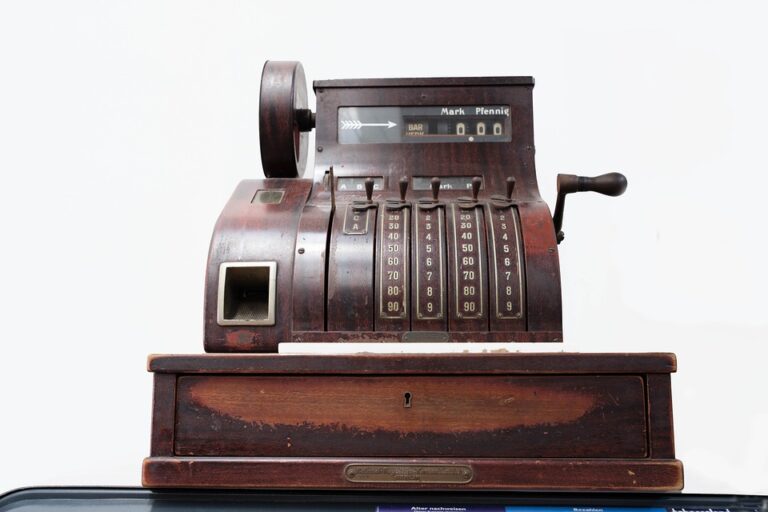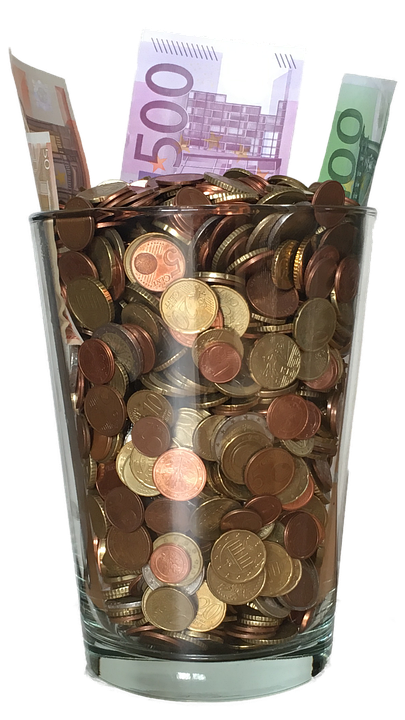Last updated Jul. 27, 2024 by Okechukwu Nkemdirim
Planning a trip abroad can be filled with excitement, but one lingering question many travelers have is, "Will my credit card work abroad?" The answer is not always straightforward and depends on various factors, including the destination, the type of credit card you have, and how you’ve prepared for international travel.
Understanding International Acceptance
Before you hop on a plane, it’s crucial to understand whether your credit card will be accepted in your destination country. Most credit cards issued by major networks like Visa, MasterCard, American Express, and Discover are widely accepted internationally. However, acceptance can vary:
- Visa and MasterCard: These are the most widely accepted credit card networks globally. If you hold a Visa or MasterCard, you can generally expect merchants around the world to accept it.
- American Express: While accepted in many places, American Express cards might not be as universally accepted as Visa and MasterCard, particularly in smaller establishments.
- Discover: Discover has a more limited acceptance outside the United States, although it is growing, especially in Asia thanks to partnerships with local networks.
Local Customs and Infrastructure
In some countries, cash remains king, and credit card infrastructure may not be as widespread, especially in rural areas. Destinations like Japan and Germany might have a robust credit card infrastructure in urban centers but still show a preference for cash in smaller towns and local markets.
Notify Your Bank
One of the common reasons credit cards are declined abroad is heightened security measures taken by banks. If you fail to notify your bank about your travel plans, they might flag foreign transactions as suspicious and block your card.
Steps to Take
- Contact your bank: Inform them about your travel plans, including destination countries and travel dates.
- Update contact information: Make sure the bank can reach you via telephone or email while you’re abroad.
- Enable international transactions: Some banks require explicit permission to activate international transactions.
Exchange Rates and Foreign Transaction Fees
When using your credit card abroad, you’ll typically be charged in the local currency. Your credit card company will handle the currency conversion for you, but this service often comes at a cost, known as a foreign transaction fee. These fees can range from 1% to 3% of each transaction.
Choosing a Card Without Foreign Transaction Fees
To save on these fees, consider applying for a credit card that does not charge foreign transaction fees. Many travel-focused credit cards offer this perk and can save you a significant amount over the course of your trip.
EMV Chip Technology
Most countries have adopted EMV chip technology, which enhances security by storing card data on a microchip rather than a magnetic stripe. If your credit card doesn’t have an EMV chip, you could encounter problems using it abroad.
Types of Chip Cards
- Chip-and-Signature: The most common in the United States, requiring a signature to validate transactions.
- Chip-and-PIN: Widely used in Europe and other regions, requiring a PIN for validation.
For seamless usage, a Chip-and-PIN card is generally more convenient when traveling internationally.
ATMs and Cash Withdrawals
Using your credit card to withdraw cash from ATMs abroad can be a convenient option, but it’s usually expensive. Banks typically charge high fees for international ATM withdrawals, including cash advance fees and interest rates.
Tips for ATM Withdrawals
- Choose cards with low or no fees: Some banks offer credit cards with lower ATM withdrawal fees.
- Avoid dynamic currency conversion: ATMs may offer the option to convert to your home currency; always opt to withdraw in the local currency to avoid inflated rates.
- Know your PIN: Ensure your credit card PIN works internationally and is compatible with a 4-digit format, as some international ATMs may not accept longer PINs.
✓ Short Answer
Your credit card will likely work abroad if it is a Visa or MasterCard, but you should notify your bank about your travel plans, consider cards with no foreign transaction fees, and understand the local payment infrastructure in your destination country.
Security Tips
While using your credit card abroad, it’s important to practice good security habits to avoid fraud and identity theft.
General Security Measures
- Monitor your statements: Frequently check your credit card statements for any unauthorized transactions.
- Use secure ATMs: Opt for ATMs located in well-lit, secure areas such as banks and shopping malls.
- Keep a low profile: Avoid drawing attention when using your credit card.
Reporting Lost or Stolen Cards
In case your credit card is lost or stolen, promptly report it to your bank to avoid unauthorized charges. Keep a copy of your credit card information, including the card number and customer service phone numbers, in a secure place.
Planning and Backup Options
It’s always wise to have a backup plan in case your primary credit card doesn’t work abroad. Carry a secondary card from a different bank or network, and keep some cash in the local currency.
FAQs
1. Will my credit card work abroad?
Most likely, if it’s a Visa or MasterCard. Always inform your bank of your travel plans to prevent your card from being flagged for suspicious activity.
2. Are there fees for using my credit card abroad?
Yes, foreign transaction fees typically range from 1% to 3%. Some cards have no foreign transaction fees, so consider applying for one before traveling.
3. Should I use dynamic currency conversion?
No, it’s generally better to be charged in the local currency and let your credit card handle the conversion for more favorable exchange rates.
4. Do I need a chip-and-PIN card?
It’s advisable to have a chip-and-PIN card, especially when traveling to Europe, where this technology is common.
5. Can I use my credit card for cash withdrawals abroad?
Yes, but it’s costly. Be aware of high fees and interest rates associated with cash advances on credit cards.
6. What should I do if my card is lost or stolen?
Report it immediately to your bank. Keep a record of your card number and customer service contacts in a secure location for emergency purposes.
By taking these precautions and understanding the nuances of using your credit card abroad, you can enjoy a hassle-free travel experience and avoid any unpleasant financial surprises.





